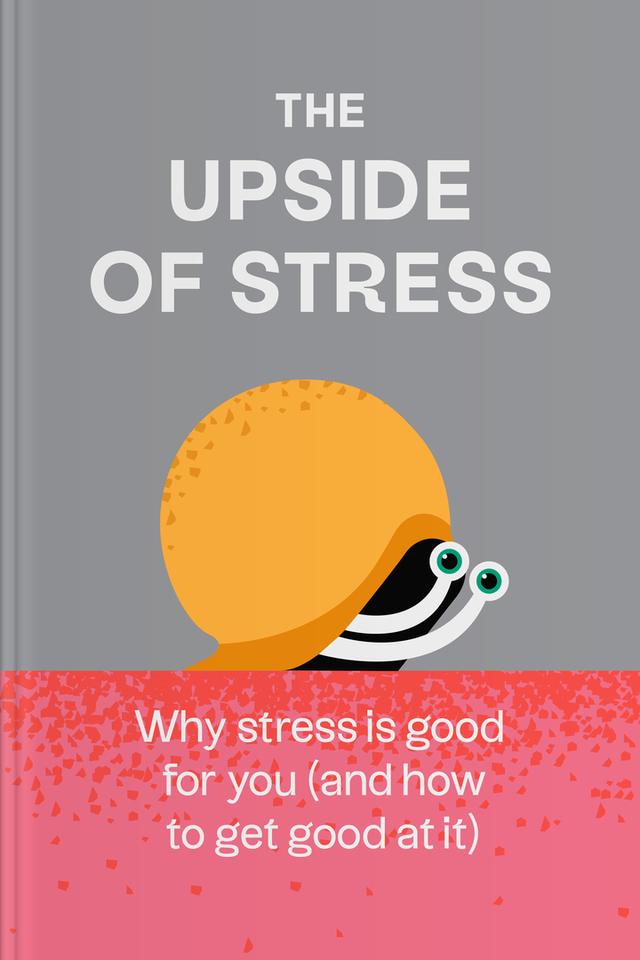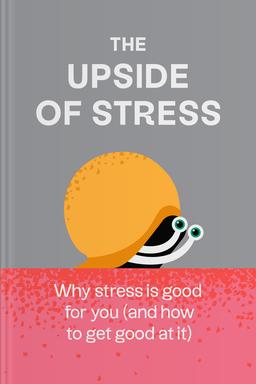You’ll learn
- Instinctive stress responses
- How the body heals and comforts you
- Why pain makes you stronger
- When danger reminds you of love
Protect the world’s peace. Donate to support Ukraine

first KEY POINT
The most fascinating studies are the ones that challenge well-established and long-standing ideas, beliefs, and facts. This summary will give you the opportunity to question some common beliefs about the dangers of stress.The research we’ll focus on states that, contrary to popular belief, stress does not necessarily lead to disease, unhappiness, or premature death. In fact, stress can even be beneficial. For example:• It helps you become more successful.
• It allows you to develop your skills and personality.
• It gives you empathy, strength, and willpower.Whether stress is bad for you depends mainly on how you perceive it. You can reap significant advantages if you focus on how you experience and make sense of your life challenges rather than how to eliminate or reduce them.Rethinking the notion of stress and its consequences will give you the following benefits:• More resiliency when facing challenges
• Tools to avoid burnout and exhaustion
• The ability to replace feelings of loneliness with a sense of belonging and community
• Realization of your central values and purposes in lifeAs strange as it sounds, you are in a relationship with stress and can influence its dynamic; for example, a tyrant-victim bond, or you could be part of an avoidant and anxious couple. You may treat stress as an enemy, but it can also be your trusted ally, supporting you in times of crisis and facilitating your growth.
So, before you label stress as a curse, explore its hidden side in this summary and discover how it can become a blessing in disguise. Let’s bust the myths of stress!
second KEY POINT
How you respond to stress determines how you experience life in general. It includes your psychological and physical responses to problems and your way of dealing with them. Learning to view stress as an opportunity rather than an obstacle will expand your understanding of what you can control and deal with. This skill, in turn, will allow you to see yourself as a stronger, more resilient, and capable person.

Continue reading with Headway app
Continue readingfirst KEY POINT
second KEY POINT
third KEY POINT
fourth KEY POINT
fifth KEY POINT